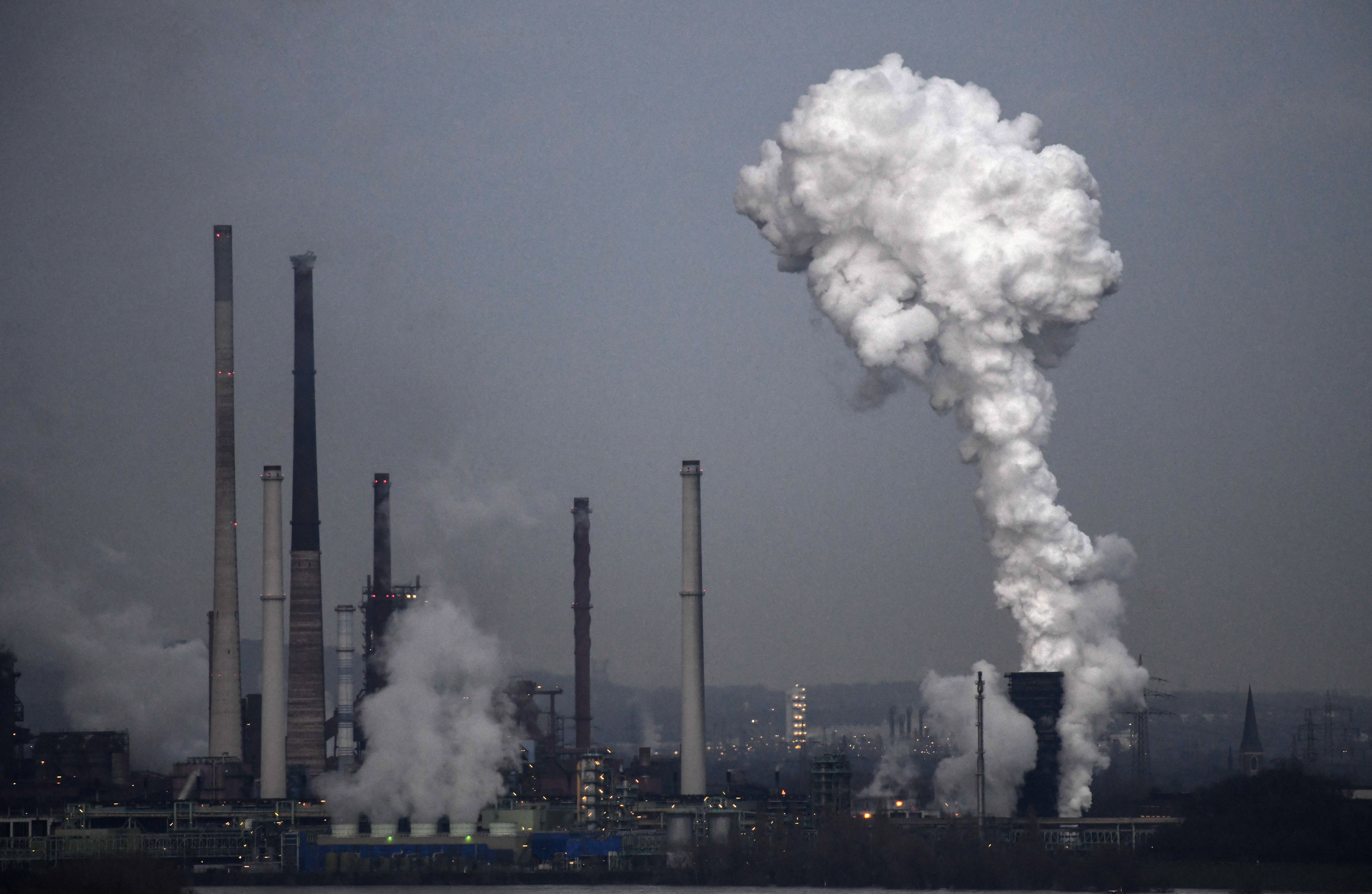Limiting climate warming to 1.5°C requires halving greenhouse gas emissions by 2030

Keeping global warming below 1.5°C requires an immediate, drastic reduction in greenhouse gas emissions. Between 2019 and 2030, emissions must be cut by 43 per cent - and CO2 by no less than 48 per cent - a United Nations climate change panel (IPCC) revealed in a report on Monday.
Despite the urgent need to cut emissions, global emissions continue to rise slightly or, at best, begin to level off. In order to keep the 1.5°C target alive, emissions must be 'net-zero' by 2050. This means no more greenhouse gases should be released than what can be stored or removed from the atmosphere.
"There is still a chance to ensure a viable and sustainable future for all, but it is shrinking visibly," the IPCC warns in its 'Summary for policymakers', which was knocked off in Interlaken, Switzerland, after several days of intense negotiations.
According to the IPCC's climate scientists, global warming currently already amounts to 1.1°C and is undeniably man-made. In the "near future", the period between now and 2040, the 1.5°C mark will already be surpassed if nothing changes. The IPCC adds that "any increase in global warming will intensify hazards". These include more intense heat waves, heavier rainfall and extreme droughts.
Several solutions already exist, the IPCC states, but more money is still spent on fossil fuel projects worldwide than on combating climate change.
Some 3.3 to 3.6 billion people, mainly in the world's poorest countries, already live in areas highly vulnerable to climate change - while precisely these countries have contributed the least to global warming.
The IPCC states that several solutions to limit the effects of global warming are already available, but current policies still favour fossil fuels over tackling climate change. For instance, more money is spent on fossil fuel projects worldwide than on combating climate change.
The choices governments make in the coming years will determine "our future and that of future generations", the scientists said in the report released on Monday. For instance, the world's energy systems must become climate-neutral by switching to solar, wind, geothermal or hydropower. Furthermore, climate scientists agree that restoring ecosystems and forests is necessary. In addition, methane emissions - from waste, agriculture and fossil fuels - must be reduced. Finally, consuming smaller amounts of dairy and meat can already reduce greenhouse gas emissions in the short term. Scientists also point to the opportunities that carbon dioxide (CO2) capture and capture can offer.
(BRV)
© PHOTO Ina FASSBENDER / AFP